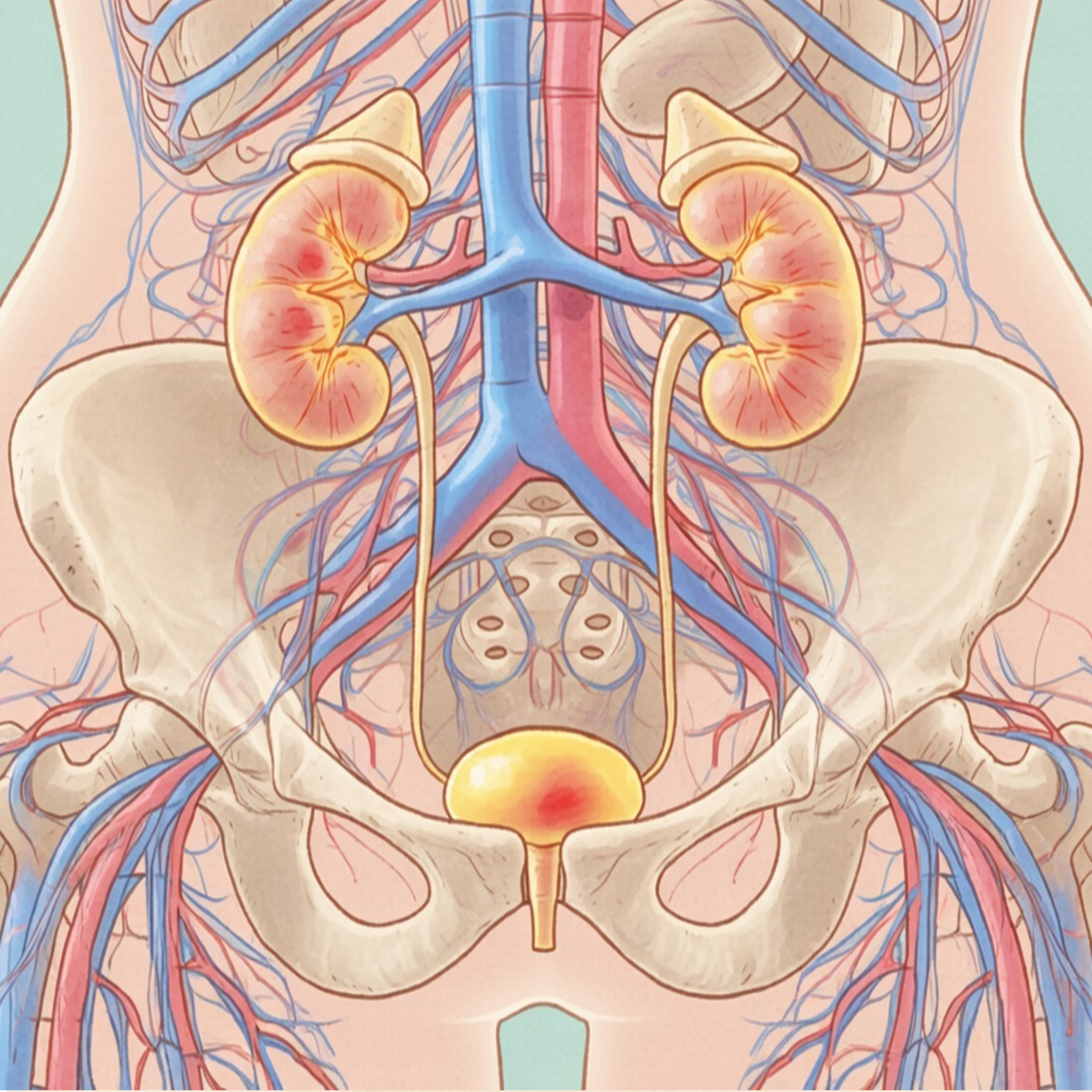Recurrent UTI
Recurrent UTI Treatment in Nagpur
Recurrent Urinary Tract Infections (UTIs), or recurrent cystitis, are defined as having two or more UTIs within six months or three or more within a year.

info@urogynelegance.com
+91 84462-86033
Recurrent Urinary Tract Infections (UTIs), or recurrent cystitis, are defined as having two or more UTIs within six months or three or more within a year.
